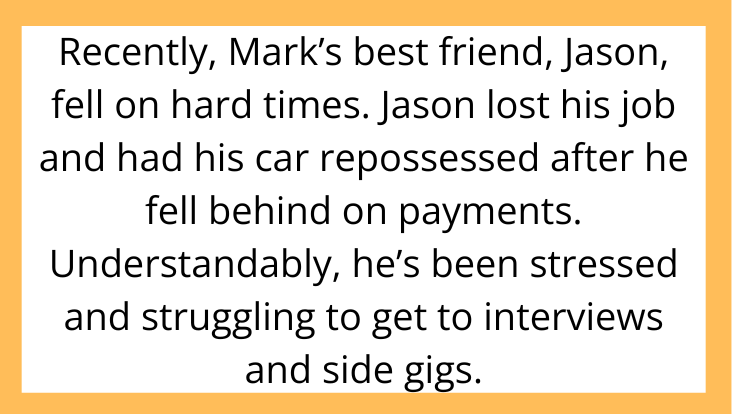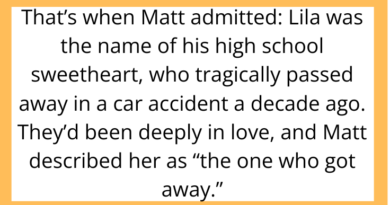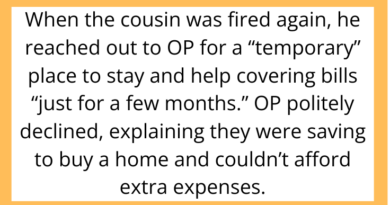AITAH for Not Wanting to Lend My Car to My Best Friend Even Though She’s in a Tough Spot?
Sometimes, being a good friend doesn’t mean saying yes to every request. But where is the line between self-protection and selfishness? In this AITAH scenario, a simple “no” turned into a fallout that no one saw coming.
Let’s dig into the story and see who’s really to blame.
The Background: One Car, Two Very Different Views
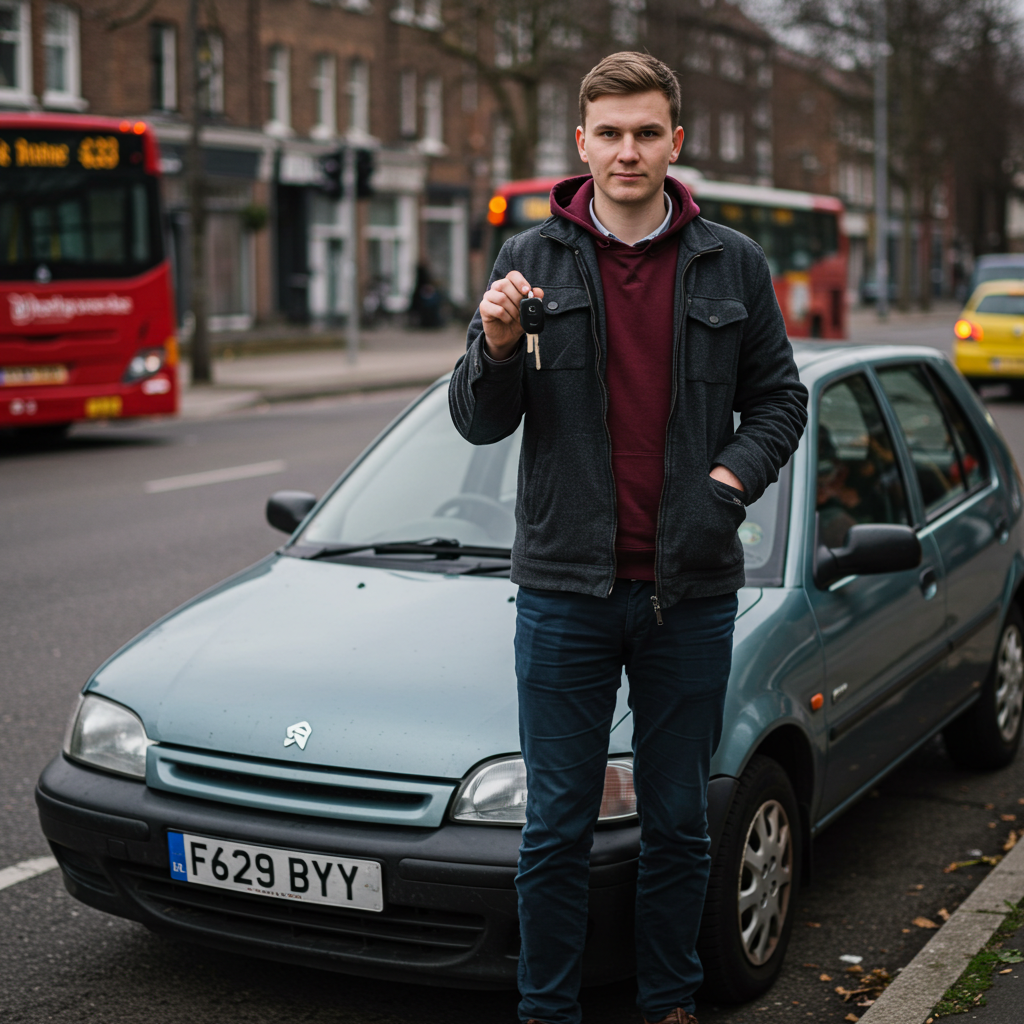
A Reddit user—let’s call him Mark—shared his story with the r/AITAH community. Mark is a 28-year-old software developer who lives in a big city where public transport is spotty. A couple of years ago, he saved up to buy a used car outright. It’s nothing fancy, but it’s reliable, fully paid for, and essential to his daily life.
Recently, Mark’s best friend, Jason, fell on hard times. Jason lost his job and had his car repossessed after he fell behind on payments. Understandably, he’s been stressed and struggling to get to interviews and side gigs.
Jason asked if he could borrow Mark’s car “just for a couple of weeks” while he figured things out.
Mark thought about it carefully—and declined.
The Refusal: Why Mark Said No

According to Mark, his reasons were pretty straightforward:
-
He needs his car daily to get to work and run errands.
-
He doesn’t want to risk something happening to the car—repairs, tickets, or an accident.
-
He’s been burned in the past when lending things to friends (including Jason), who sometimes weren’t careful or prompt about returning them.
Instead of lending the car, Mark offered to help Jason pay for ride shares or a short-term rental for a week. He also offered to drive him to an upcoming job interview.
Jason was furious.
The Fallout: Friendship on the Rocks
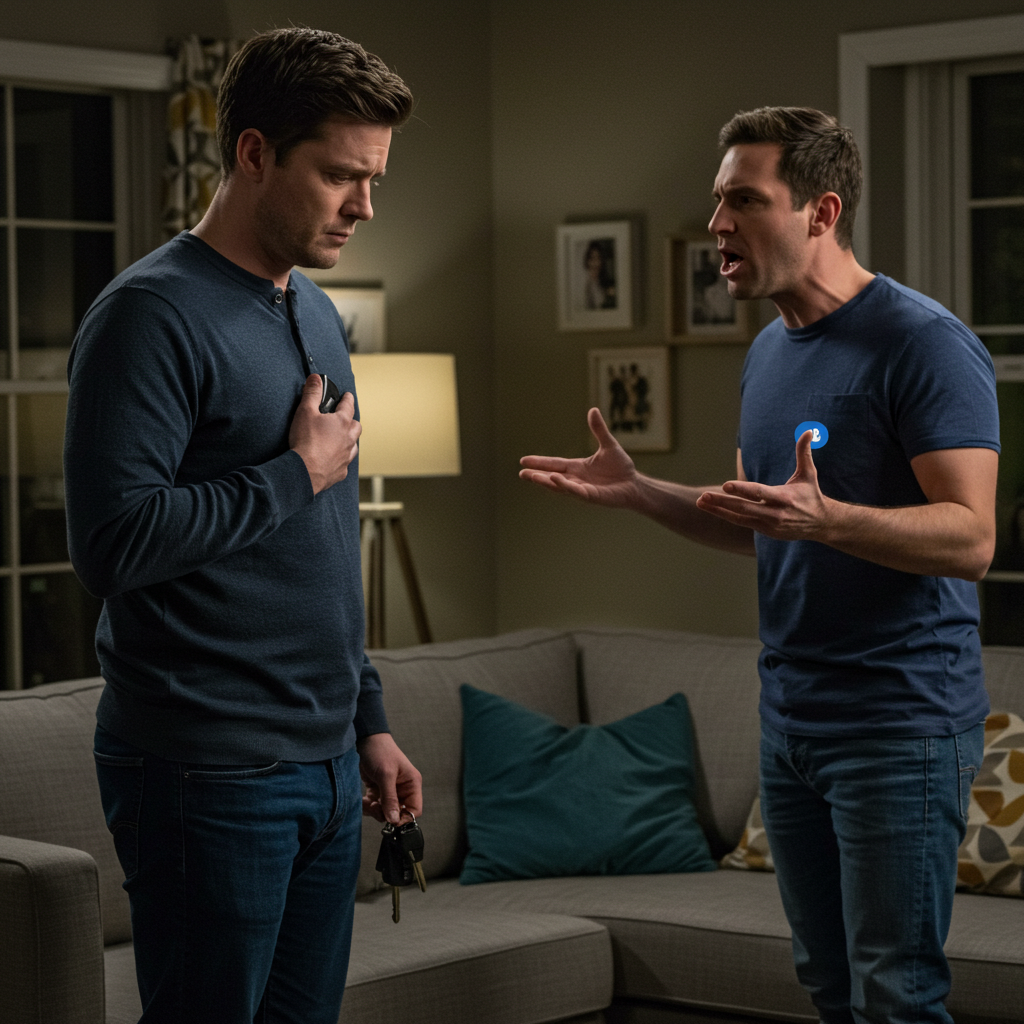
Jason accused Mark of abandoning him in his time of need and caring more about “a pile of metal” than their years-long friendship. He said that if the roles were reversed, he’d “never hesitate” to help.
Mark stood firm, saying that while he wants to be supportive, he doesn’t feel comfortable lending out something so essential to his life.
Word of their disagreement spread among mutual friends and family. Some sided with Mark, saying it’s unreasonable to expect someone to lend their only car. Others thought he was being overly cautious and putting possessions above people.
Feeling guilty and confused, Mark turned to Reddit: AITAH for not lending my car to my best friend?
What Reddit Had to Say
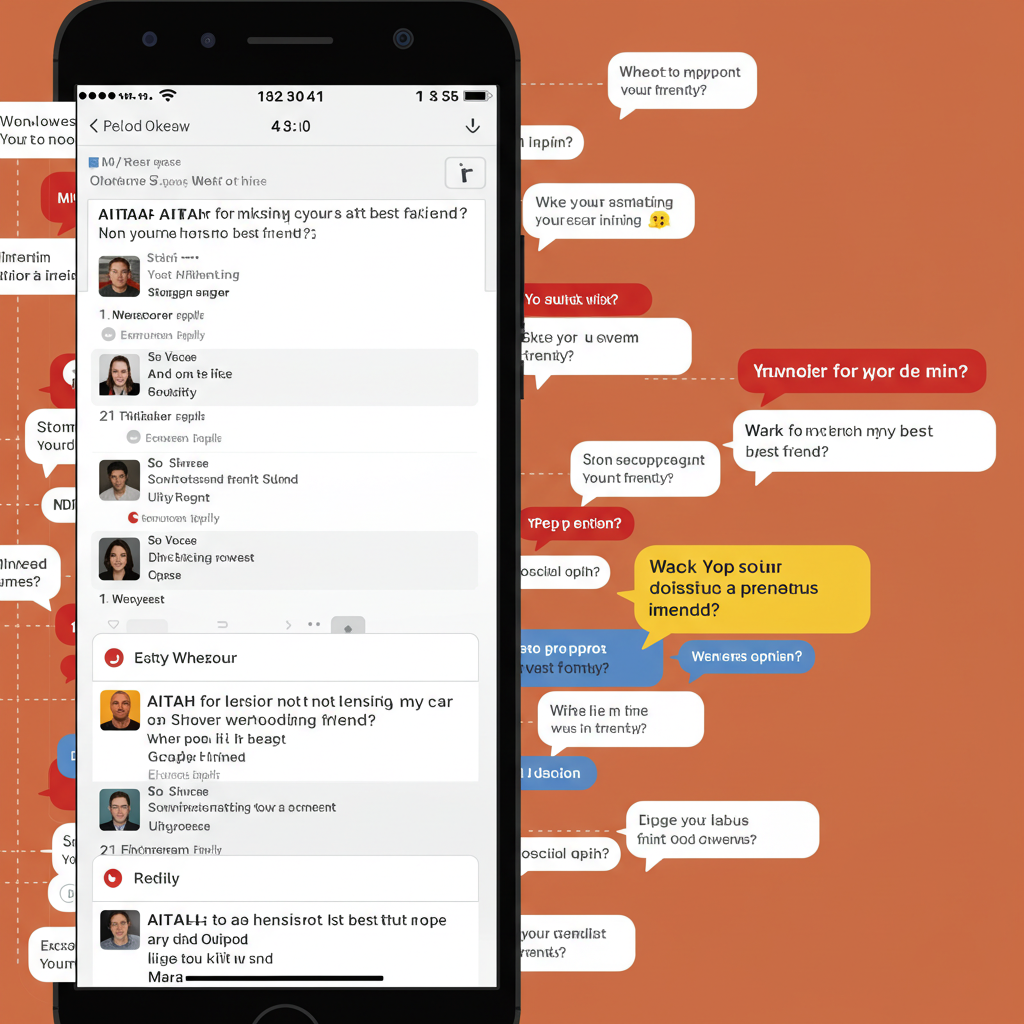
Most Users Supported Mark
The top comments were clear: Mark wasn’t the villain. Lending a car is not the same as lending a book or a kitchen gadget—it’s an expensive responsibility with serious consequences if things go wrong.
As one commenter put it:
“If he gets in an accident, you’re on the hook. Insurance could go up or deny claims. You could even be liable. It’s smart to protect yourself.”
Others pointed out that offering alternative help—like paying for rides—was generous and thoughtful. Mark wasn’t refusing to help. He was simply refusing to risk something he depends on.
Some Thought Mark Could Have Bent More
A few commenters empathized with Jason, saying that losing your job and car at once is an incredibly stressful situation. For someone in crisis, hearing “no” can feel like abandonment, especially when the person refusing help is your closest friend.
One user wrote:
“I get why you said no, but if this is truly your best friend, maybe you could have found a compromise—like lending it on weekends or for specific appointments.”
Still, most agreed that Mark’s offer to pay for rides showed he genuinely cared.
Why Lending Cars Is So Fraught

It’s Not Just About Trust—It’s About Liability
When you lend a car, you’re also lending your insurance, your financial security, and your peace of mind. Even the most careful driver can have an accident.
If Jason got in a wreck or damaged the car, it could have cost Mark thousands—or worse, a legal headache.
Boundaries Don’t Equal Betrayal
Saying no to lending something important doesn’t mean you don’t care. It means you’re drawing a line around what you can realistically offer without jeopardizing yourself.
What Could Mark Have Done Differently?
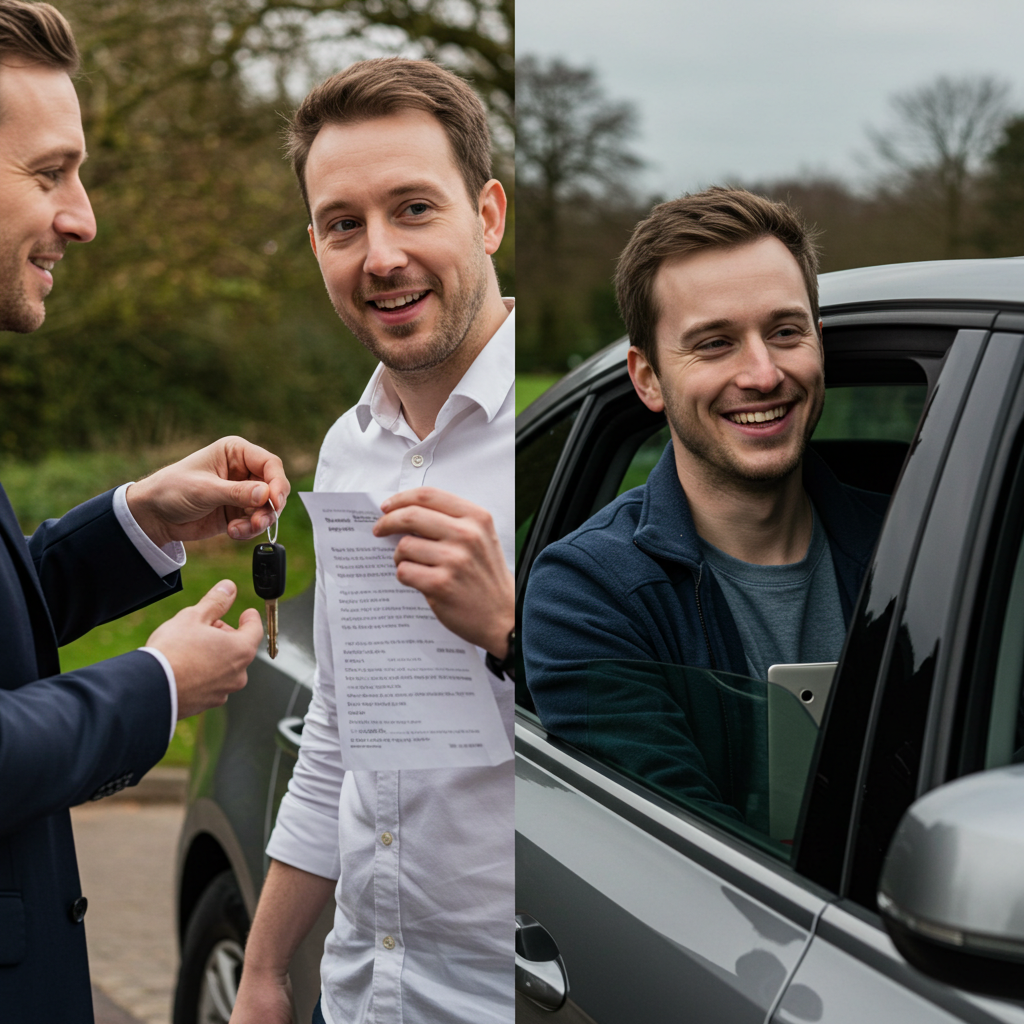
While most agreed he wasn’t the villain, a few alternative approaches were suggested:
-
Offering the car for limited, prearranged times (like job interviews only)
-
Helping Jason research public transport routes or rental assistance programs
-
Having a written agreement about use, insurance, and liability (though even this can’t prevent all problems)
At the end of the day, though, the majority consensus was that Mark was under no obligation to lend his car, especially since he offered multiple other ways to help.
Takeaway: Boundaries Are Healthy—Even With Best Friends
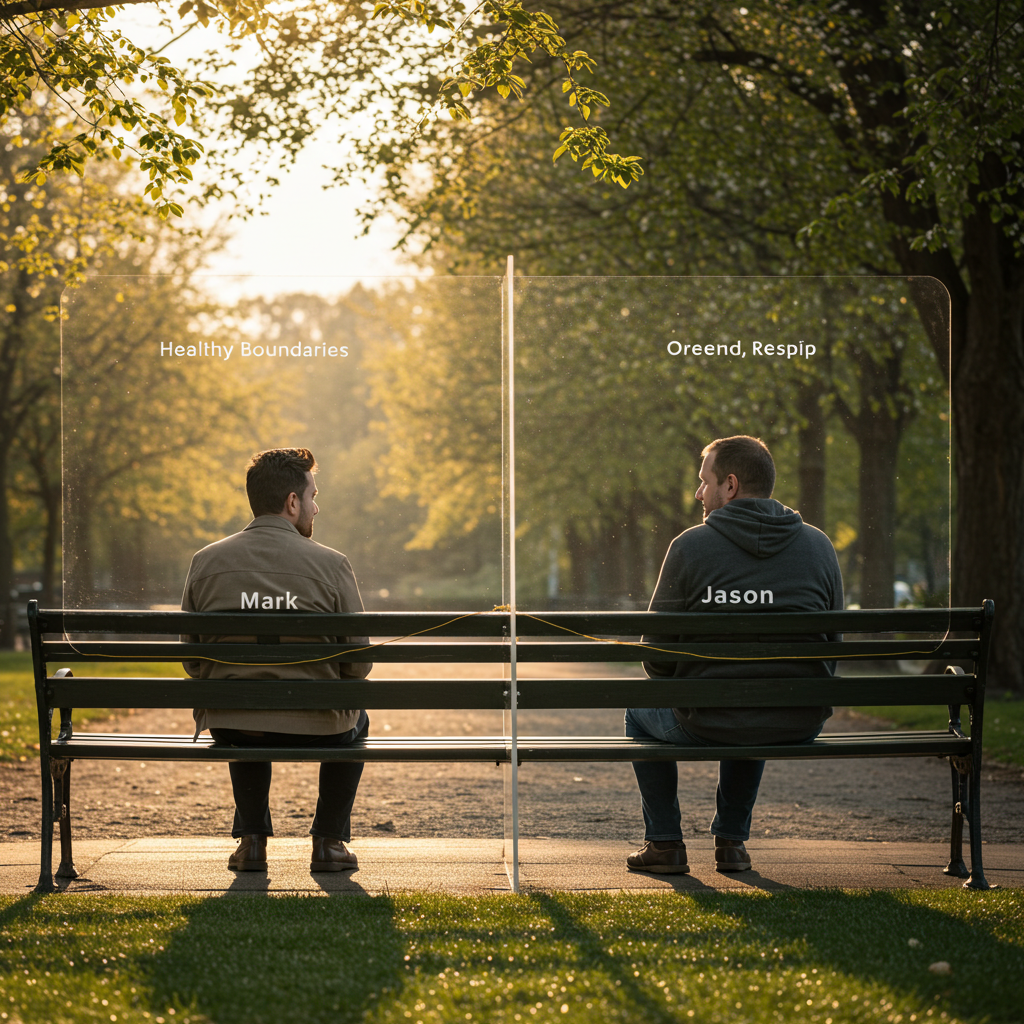
This AITAH story is a reminder that we can love people and still say no. We can care deeply and still have boundaries.
Being a good friend doesn’t mean sacrificing your own stability. It means showing up in the ways you can—not in the ways others demand.
